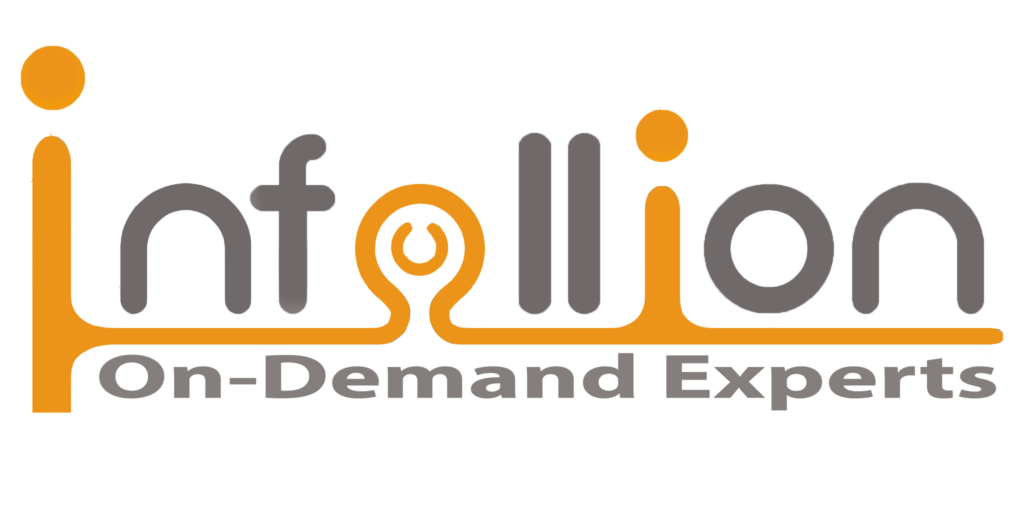Program Overview
This intensive program delivers a deep dive into AIAG’s CQI special process assessments—Heat Treat (CQI-9), Plating (CQI-11), and Welding (CQI-15)—equipping participants with the knowledge and tools needed to implement, audit, and improve these high-risk automotive processes. Facilitated by an industry veteran with years of hands-on experience, the course blends conceptual clarity, operational awareness, and real-world case examples with interactive simulations. Participants will gain practical insights into integrating CQI requirements with IATF 16949 and OEM expectations, improving process capability, preventing failures, and driving supplier quality maturity.
Features
- Understand and interpret CQI-9, CQI-11, and CQI-15 assessment criteria
- Identify process risks and implement preventive quality controls
- Integrate special process audits into broader QMS and customer requirements
- Analyze real-life failure cases and apply corrective strategies effectively
Target audiences
- Quality Engineers
- Manufacturing Engineers
- Internal Auditors
- Supplier Quality Managers
Curriculum
- 6 Sections
- 28 Lessons
- 1 Day
Expand all sectionsCollapse all sections
- Introduction to AIAG CQI Standards & Their Strategic Importance4
- Deep Dive – CQI-9 (Heat Treat System Assessment)5
- 2.1Understanding heat treatment processes & failure modes
- 2.2System Assessment methodology: Mandatory Elements, Job Audit
- 2.3Key parameters: Quenching, Hardness Testing, Furnace Uniformity Survey (TUS)
- 2.4Real-life example: Preventing distortion failures in drive shafts
- 2.5Interactive case: Review of a sample CQI-9 audit report
- Deep Dive – CQI-11 (Plating System Assessment)5
- 3.1Plating process types (Zinc, Nickel, Tin, etc.) and key controls
- 3.2Chemistry management, solution analysis, bath life control
- 3.3Process controls and defect prevention
- 3.4Real-life example: Eliminating blistering defects in connector plating
- 3.5Simulation: Analyzing process flow & FMEA for a plating line
- Deep Dive – CQI-15 (Welding System Assessment)5
- 4.1Types of automotive welding: Resistance, Arc, Laser, etc.
- 4.2Understanding weld schedules, critical parameters, and destructive testing
- 4.3Managing weld quality variation in automated lines
- 4.4Real-life example: Preventing structural failures in chassis welding
- 4.5Group activity: Fill gaps in a mock CQI-15 audit checklist
- Integrating CQI Assessments into QMS & Customer Requirements5
- Simulation & Action Planning4






